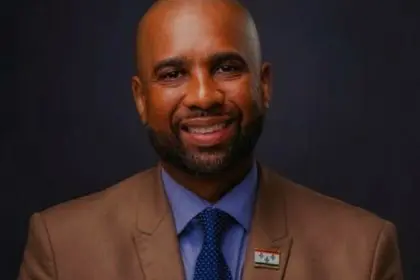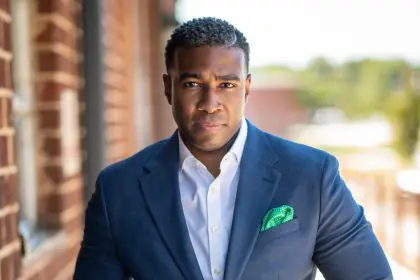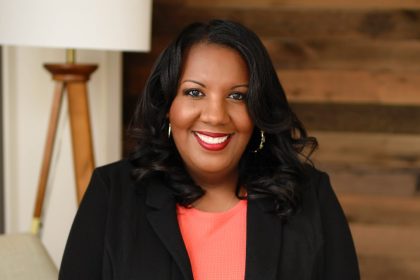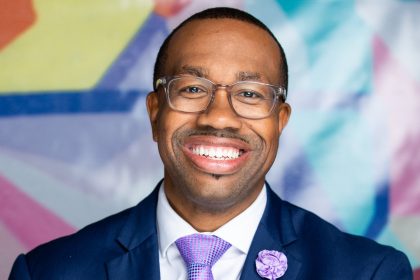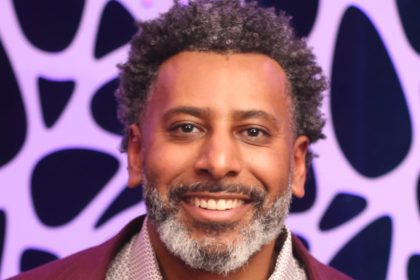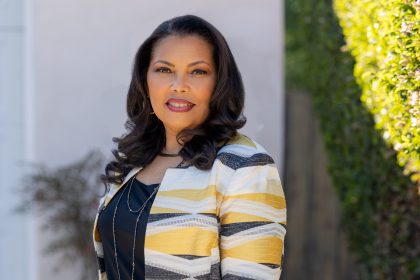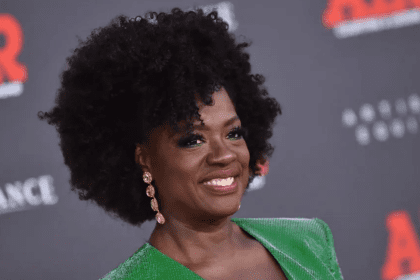In this episode of “Equity in Focus,” we delve into the world of financial literacy with Candice Cannon Rudd, an Atlanta native, Spelman College alum, attorney, mother, and a newly published children’s book author. Rudd discusses her multifaceted identity and her recent venture into children’s literature aimed at educating young minds on financial concepts.
Rudd’s journey is deeply rooted in her family’s legacy at Spelman College and Morehouse College, which has profoundly influenced her aspirations and achievements. She reflects on the unique nurturing environment at Spelman, surrounded by ambitious and talented women, which solidified her drive and future career path.
Inspired by familial influences and the nurturing environment of her alma mater, Rudd pursued a career in law, graduating from Loyola University Chicago School of Law. Her path was not just shaped by her education but also by the strong examples set by her family members, creating a deep-seated appreciation for the HBCU legacy and its impact on professional and personal development.
Venturing into children’s literature
Motivated by the rapid changes in financial transactions and technologies, Rudd decided to write a children’s book to introduce young audiences to fundamental financial concepts. Her book centered around characters Ali the Alligator and Cory the Crocodile, uses engaging narratives to teach children about saving, spending, and the basics of financial management.
Rudd emphasizes the necessity of introducing financial literacy early in life. She discusses how her book aims to start important conversations about money management in a way that is accessible and engaging for children, potentially setting the stage for more informed financial decisions as they grow.
The publishing journey was a swift and self-driven process for Rudd, who chose the self-publishing route to maintain control over her creative vision and to expedite the distribution of her educational message. She describes the challenges and rewards of self-publishing, particularly the ability to directly influence how financial education is presented to young readers.
Looking forward, Rudd is contemplating the next steps for her characters, Ali and Cory, considering introducing more complex financial topics suitable for older children. Her goal is to expand the scope of her educational outreach, potentially addressing topics like credit and investments in future works.
Advice for parents and educators
Rudd offers advice to parents and educators on introducing financial concepts to children. She stresses the importance of having open discussions about money, viewing financial education as a crucial component of overall childhood development, and not something to be shied away from.
Reflecting on the necessity of continuous learning, Rudd discusses how staying informed and adaptable is crucial in a rapidly changing world, especially in terms of financial technologies and systems. She advocates for lifelong learning as essential to personal and professional growth.
The interview concludes with Rudd urging listeners to embrace financial literacy as a key component of equity and empowerment. By equipping the next generation with the knowledge and tools to manage money effectively, she believes we can foster a more informed and financially stable society.
Rudd not only shares her personal and professional journey but also highlights the transformative power of education, particularly through her contributions to children’s literature in financial literacy. Her work serves as an inspiration for continued efforts to empower young minds with the knowledge necessary for success in an ever-evolving financial landscape.
AI assisted in summarizing this episode of Equity in Focus.

